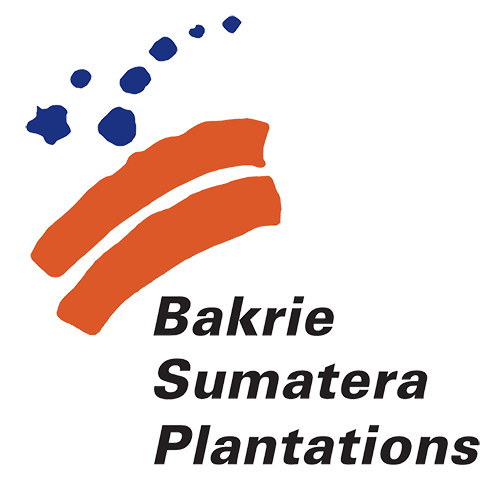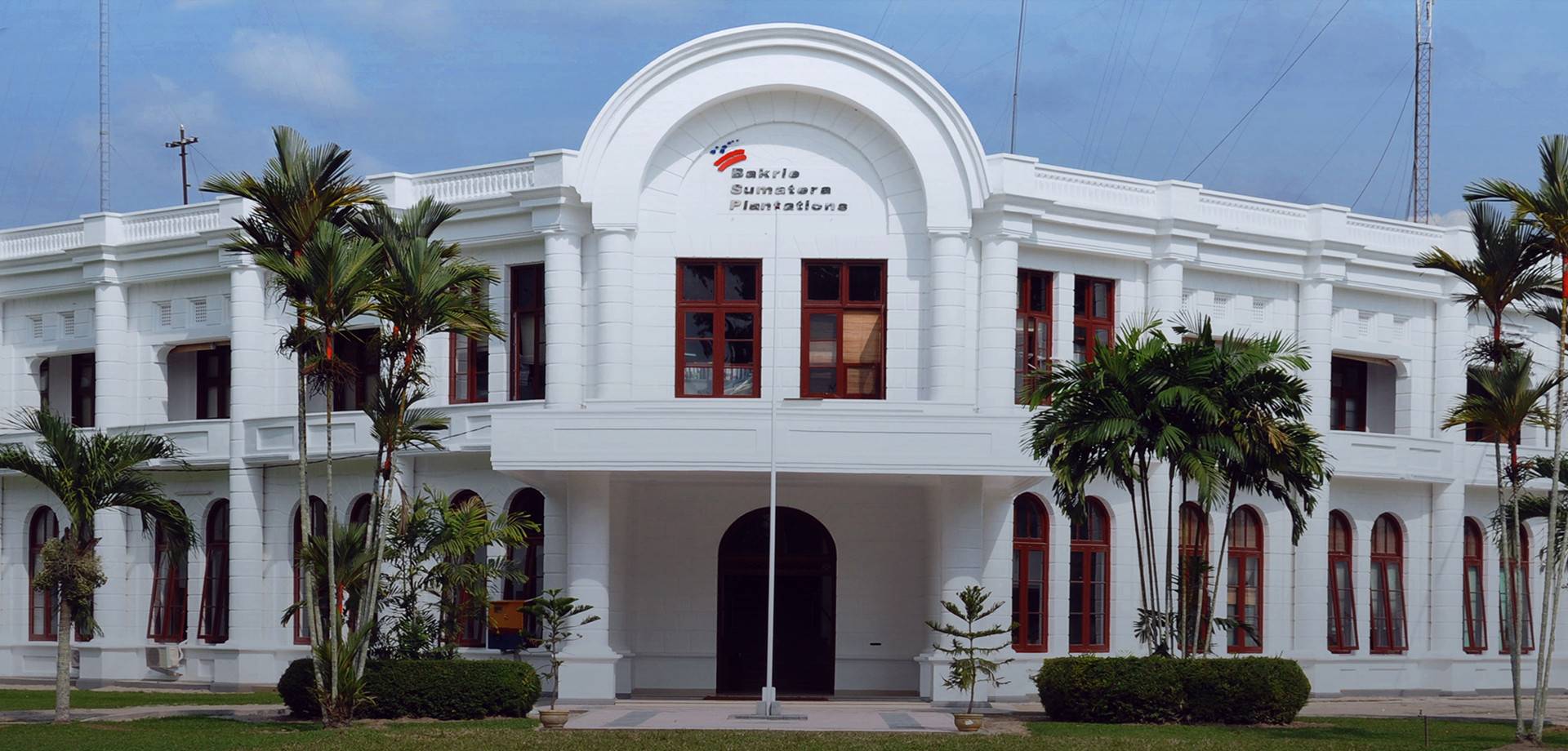Our
Products
Select product
Palm
Overview
Our Company’s palm business covers company-owned plantations (nucleus) and the plasma-farmers’ plantations. Our Company entered the oil palm business in 1992 through the conversion of a part of the rubber plantation into oil palm plantation.
Oil Palm is a long-lived cultivated commercial crop, the fruit is further processed into crude palm oil (CPO), palm kernel (PK) and palm kernel oil (PKO). The derivative products are used as raw materials in food and nonfood industries. As an integrated agro-business, the yields of Our Company’s Oil Palm business segment are absorbed not only by the domestic and export markets, but also by the Oleochemical business segment in Our Company.


Production / Business Activities
The production of CPO and PK in Our Company is based on the supply of fresh fruit bunches (FFB) derived from both the nucleus and plasma plantations, as well as from third-party purchases.
Our Company’s harvested FFB volume in 2022 showed a 0.21% decrease over 2021 figures. Total FFB production in 2022 was 376,655 tonnes (2021: 377,447 tonnes). Unharvested FFB was included in the biological assets, of which the amount totalled 116,773 tonnes and 117,319 tonnes for 2022 and 2021 respectively. The overall land productivity of 2022 indicated a 0.27% decrease, as the yields from the replanting program have not been optimum.
Rubber
Overview
PT Bakrie Sumatera Plantations Tbk is the oldest natural rubber producer in Indonesia, established its first rubber plantation in Kisaran - North Sumatra in 1911. Our Company currently produces a complete range of natural rubber products - from latex to Block Skim Rubber (BSR), and to date is still one of the largest latex producer and the best quality cenex (centrifuge latex) producer in Indonesia.
Our Company’s rubber plantation is currently in the fourth planting cycle, as the replanting of rubber trees is commonly conducted every 25 years.

.png)
Production / Business Activities
Our Company’s rubber production is based on the supply of latex from company-owned plantations (nucleus) and purchases from third parties.
In 2022, Our Company’s total latex production volume included 12,904 tonnes of tapped latex and 36.55 tonnes of unharvested latex. The unharvested latex was included in the valuation of biological assets. As of 31 December 2021 the volume of tapped latex was 15,242 tonnes, while the volume of unharvested latex was 46.56 tonnes.
In 2022, the total production of rubber processing plants was 11,835 tonnes, 14.17% lower than the 2021 figures of 13,789 tonnes, in line with the decrease in the number and production volume of bearer plants.
Oleochemicals
Overview
Oleochemicals are chemicals derived from renewable sources of vegetable oil and animal fat; they are alternatives to petrochemicals which are based on non- renewable sources such as coal, crude oil and natural gas. Vegetable oil began to be used as the main raw material for oleochemicals industry after 1980. Crude palm oil (CPO) and palm kernel oil (PKO) are commonly used alternatives to be processed into various types of derivatives, as raw materials for its downstream industries, for both categories of food (including cooking oil, margarine, ice cream) or non-food (such as soaps, detergents, pharmaceutical products, cosmetics, industrial lubricants, agricultural chemicals and biofuel).
Our Company’s Oleochemical business segment covers the processing of fatty acid, fatty alcohol, and glycerin. Our Company also owns a refinery plant capable to produce olein, stearin and palm fatty acid distillate (PFAD) along with kernel crushing plant that extracts palm kernel to produce palm kernel oil (PKO) and a by-product in the form of palm kernel expeller (PKE).

.png)
Production / Business Activities
Our Company’s Oleochemicals segment’s operations have been using natural gas as a clean, efficient and cost-saving source of energy for heat and steam generation; while also taking advantage of the premium electricity supply from the state-owned electricity company PLN to run the processing facilities’ equipment requiring stable power supply.
In 2022, which was the fifth year of commercial production of the Oleochemicals segment, the ownership of some of Our Company’s oleochemicals processing facilities has been transferred in line with the reduction of Your Company’s shares in DAP through Subsidiary BRC to Poseidon Corporate Service Ltd.



